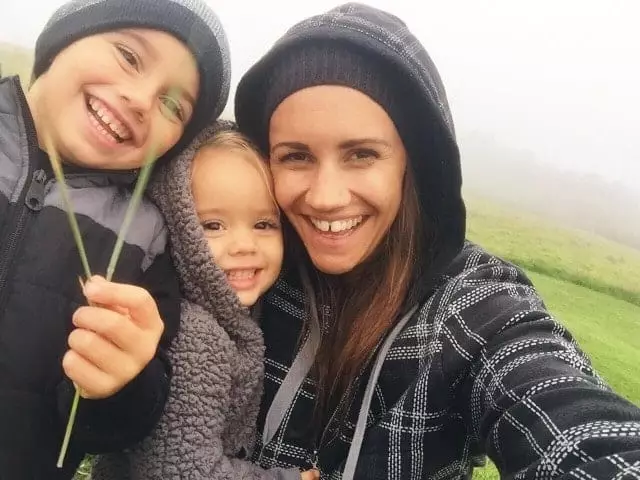As the festive season approaches, parents often find themselves caught in the whirlwind of shopping lists and wishful thinking. The allure of brightly wrapped packages can be overwhelming, leading to the belief that happiness on Christmas morning is directly correlated with the number of toys received. However, a growing body of research suggests that this assumption is fundamentally flawed. In fact, an abundance of toys can detract from a child’s overall happiness and development.
Childhood development experts, such as Clair Lerner, have argued that when children are inundated with toys, the result is often less playtime, not more. Overstimulation can overwhelm young minds, inhibiting their ability to engage deeply with play. Instead of learning and exploring, children are left distracted and unable to focus. This raises a critical question: What constitutes meaningful play?
Interestingly, studies have shown that fewer, well-chosen toys can foster cooperation and sharing among children, essential social skills that contribute to emotional intelligence. This insight is echoed by Michael Malone from the University of Cincinnati, who emphasizes the importance of quality over quantity in toys. Children with a limited selection are more likely to engage in collaborative play, rather than retreating into solitary activities.
Moreover, an excess of toys can create an environment of decision fatigue, where the sheer volume of choices leads to stress and disengagement. By streamlining their toy collections, parents can provide a more conducive environment for imaginative play that encourages interaction and community building among peers.
The Importance of Parental Involvement
Another fascinating study involving 3,000 preschoolers at Oxford University corroborated these theories. The findings indicated that children’s academic performance and social skills were strongly influenced by the quality of their home environment and parental involvement, rather than the availability of toys or screens. The research reveals that a nurturing atmosphere, rich with parental interaction, often leads to better overall development.
Hence, parents should take comfort in the notion that their presence and involvement matter far more than acquiring the latest gadgets or toys. Engaging in conversation, exploring interests together, or simply playing side by side can create lasting memories that will benefit children throughout their lives.
The allure of experiences is another pivotal element that challenges conventional gifting norms. Research by Thomas Gilovich, a psychology professor at Cornell University, highlights that happiness often stems from experiences rather than material possessions. Experiences create lasting memories; they bond families and introduce opportunities for gratitude and reflection.
Instead of stressing over the perfect toy, parents might consider enrolling their children in classes, planning family outings, or exploring new activities together. Such experiences not only enhance the family bond but also cultivate a sense of gratitude in children, enriching their emotional landscape.
Practicing Gratitude and Creating Lasting Happiness
Moreover, establishing regular practices of gratitude can significantly enhance children’s well-being. Simple activities, like discussing daily highlights at dinner or creating gratitude lists, can help solidify a mindset that values experiences over possessions. This deliberate practice can lead to a marked increase in happiness and a decrease in materialistic tendencies, ultimately fostering emotional resilience.
As we approach the holiday season, it’s essential to remember that the thrill of unwrapping presents is fleeting. The essence of true happiness lies in the joy of shared experiences and quality time spent with loved ones. By focusing on what genuinely enriches our children’s lives—parental attention and meaningful experiences—parents can cultivate a joyful atmosphere that far surpasses the temporary excitement of toys under the tree.
So this Christmas, let go of the pressure to fulfill every wish list item. Instead, embrace the memories you can create together, transforming the holiday spirit into something far more precious and enduring.

